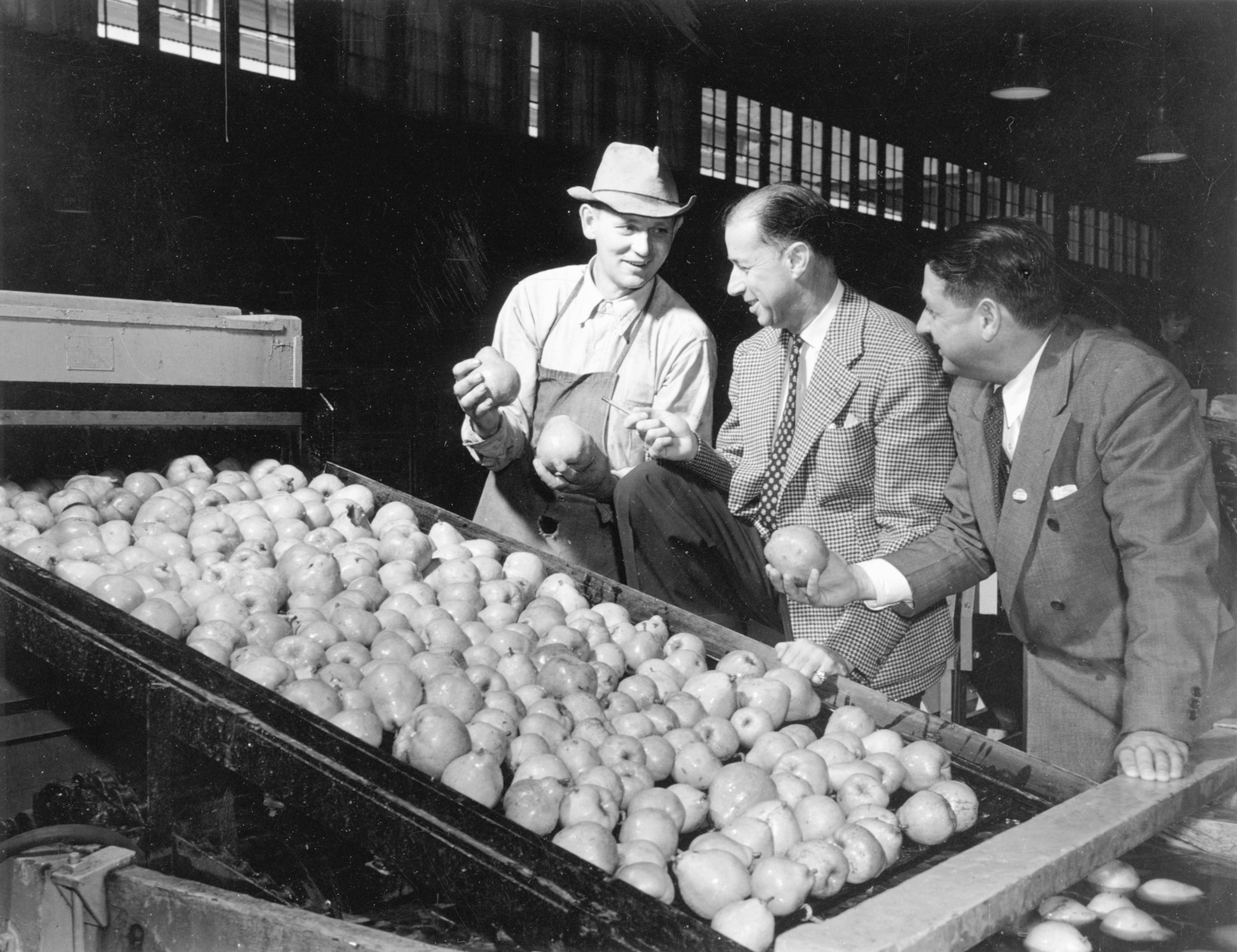How to Support a Loved One During Their First Year of Loss
Learn helpful ways for comforting someone who's going through grief.
Aug 30, 2024
The loss of a loved one brings a year of difficult "firsts." The first meal alone. The first vacation without them. The first Thanksgiving where their chair sits empty. The first anniversary of their death.
“Those firsts are often the most painful because the bereaved person is having to recreate their infrastructure of support as well as their daily and seasonal habits and routines," explains Dr. Chloe Carmichael, a clinical psychologist and author based in New York.
The reason we feel this way, explains Dr. George S. Everly, a professor in the Department of International Health at the Johns Hopkins Bloomberg School of Public Health, is that we experience life in cycles — in our case, an annual rotation of the sun — and the most important milestones naturally occur within that annual cycle and are now being experienced without the loved one for the first time.
“This process culminates on the anniversary of the loss," Everly says. The bereaved might feel a reawakening of pain, sadness, and emptiness at this time.
As a friend of the bereaved, knowing how to offer support during this incredibly emotional time can be tricky. Here are a few ways you can help ease the pain of someone who is suffering in the first year after experiencing loss.
Note important dates
Mark your calendar with important dates, Carmichael recommends. That way, you won't let the day accidentally slip by or catch you by surprise.
For a death anniversary, consider making a note a week or so before the date of loss. “If you know that your friend lost a parent on Jan. 10, you would want to mark your calendar for, say, Jan. 3, as a heads-up to remind you about your friend's loss," she says.
With upcoming holidays, jot down a note to reach out to the bereaved approximately one month beforehand, especially if you want to extend an invitation to your table. Waiting until too close to the holiday can make the invite feel like an afterthought.
Know, too, that certain milestones may be more meaningful than others, and grief can return at these times with a vengeance. We often hear the adage that the “first year of grief is the hardest, but we continually reprocess grief in different life contexts," Carmichael says. For instance, if a friend who lost her father is getting married, she may feel that loss more intensely leading up to the wedding day.
“Memories can also get attached to seasons," she explains. That is true even if the timing does not directly coincide with the date of loss. For instance, if the bereaved enjoyed going to the beach with the person they lost, the start of summer might trigger grief. In that case, it's a good idea to check in on them when the weather turns warmer.
How to start the conversation
Fear of saying the wrong thing often holds us back from reaching out to a friend when a death anniversary or important holiday nears. To help start the conversation, Carmichael recommends a technique called “narrating the experience," wherein we take our internal experience surrounding the uncertainty and put it into words.
Here's an example in a text message:
“Hi, I just wanted to check in and let you know that I'm thinking of you. I wasn't sure if I should reach out because I know it's such a personal time, but I still wanted to let you know I'm thinking of you and if you want to talk, I'm here for you."
This approach communicates to the bereaved that you're aware that people process grief in different ways and you're not trying to shape their process. It also makes room for the fact that they may or may not want to talk about it.

And if they do?
“Consider just hitting the dial button on the phone," Carmichael says. Reflective listening — the act of simply repeating back what someone says — is a great approach to take here. It shows the person that you're listening and actually stimulates them to share more.
When an indirect approach feels better
While dealing with grief, the bereaved can sometimes feel like they're living in a constant spotlight. If you get the sense that your friend is feeling this way, try offering a supportive presence without directly bringing up the topic of grief.
“Sometimes a slightly indirect approach of showing support by simply being there around those sensitive times can be helpful and can set the stage for talks about their grief to arise naturally," Carmichael explains. We can do this by inviting them for a walk, to grab a coffee, to go shopping, or whatever it is they like to do.
If you knew the deceased person, having memories on hand to share — if a moment feels right — will show you're thinking of them. This also helps dim that spotlight and creates a two-way dialogue that can feel less draining for the bereaved.

When there's resistance
Even if you reach out to the bereaved with the most thoughtful intentions, know that they may decline your invitation — and that's OK.
“Don't be surprised if they want to be alone," Everly says. Everyone grieves in their own way, and certain dates or holidays can be a particularly hard time when those days were structured around those who have passed.
Carmichael agrees. “Even if the person declines your invitation, they get to spend the whole month before the holiday knowing they are kind of swimming in invitations. They know they have a lot of support and people are thinking of them."
.svg?q=70&width=384&auto=webp)







